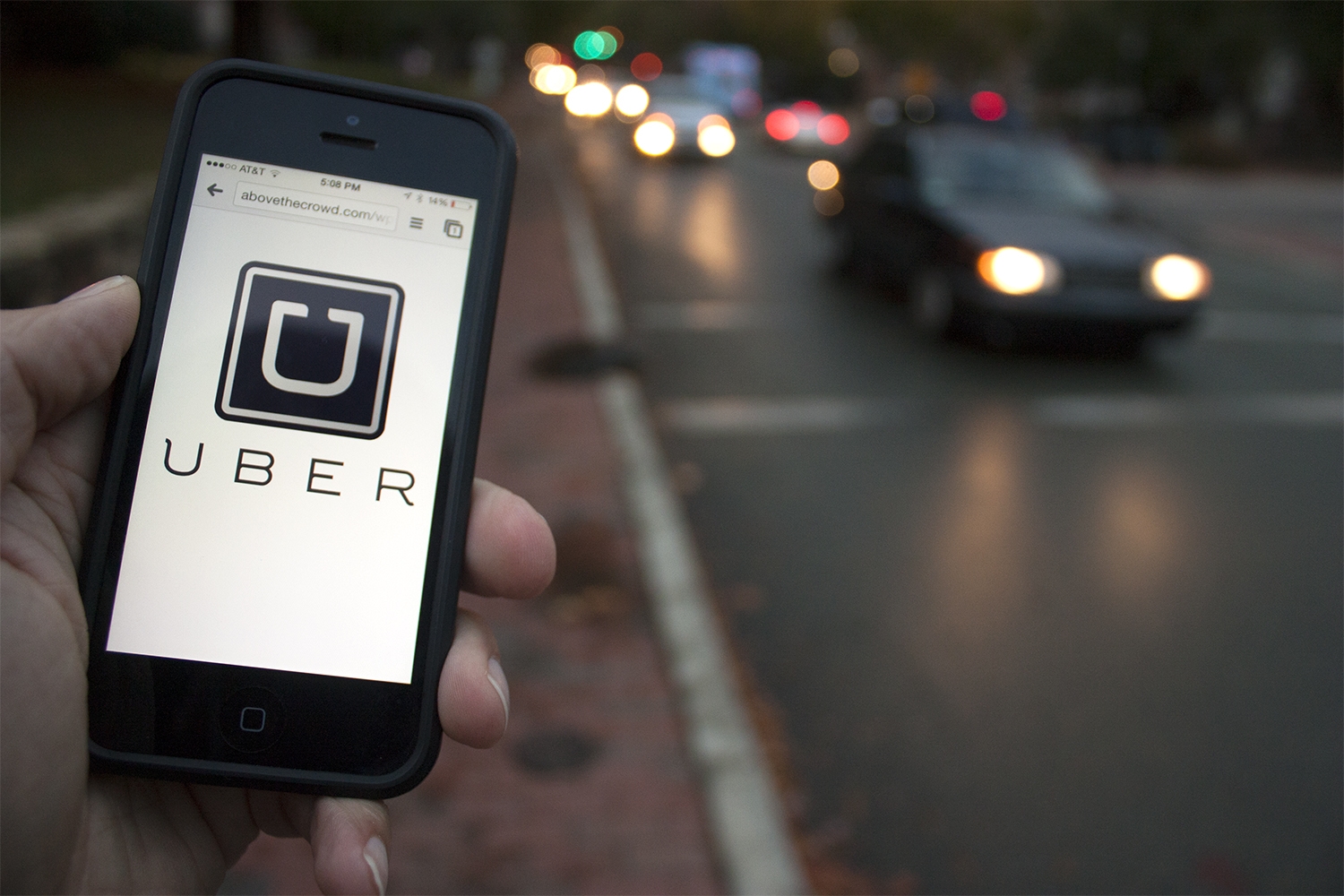 2403
2403
 2017-04-24
2017-04-24
In 2014, Uber was discovered to be blocking authorities from seeing its cars in order to evade regulations or bans in a series of locations including Paris, Las Vegas, China and South Korea. The next year, Apple found out Uber was also flouting its iOS developer rules to identify users' devices by hardware ID--and nearly got kicked out of the App Store over it.

A new report by Mike Issac for New York Times profiled various high-risk gambles taken by Uber's chief executive Travis Kalanick, following up on an earlier article from March that specifically detailed the "Greyball" evasion software it created to fool authorities.
Issac noted that in early 2015, Uber was summoned to Apple's offices for violating Apple's privacy guidelines. Uber's goal had been to block fraudsters from creating multiple fake accounts on the same iPhones in order to collect new account bonuses.
However, Uber attempted to do this by collecting the UUIDs (essentially a unique hardware serial number) of iOS devices that had installed the Uber app. Apple has worked to prevent its app developers from accessing this information or collecting it.
It is not illegal to do this on Android, where there are far fewer restrictions on collecting data from or about users. In fact, Google itself facilitates device tracking on Android, and advertisers from Amazon to Facebook work to exploit the easy access Android openly offers to developers, malware writers and governments.
Source: appleinsider